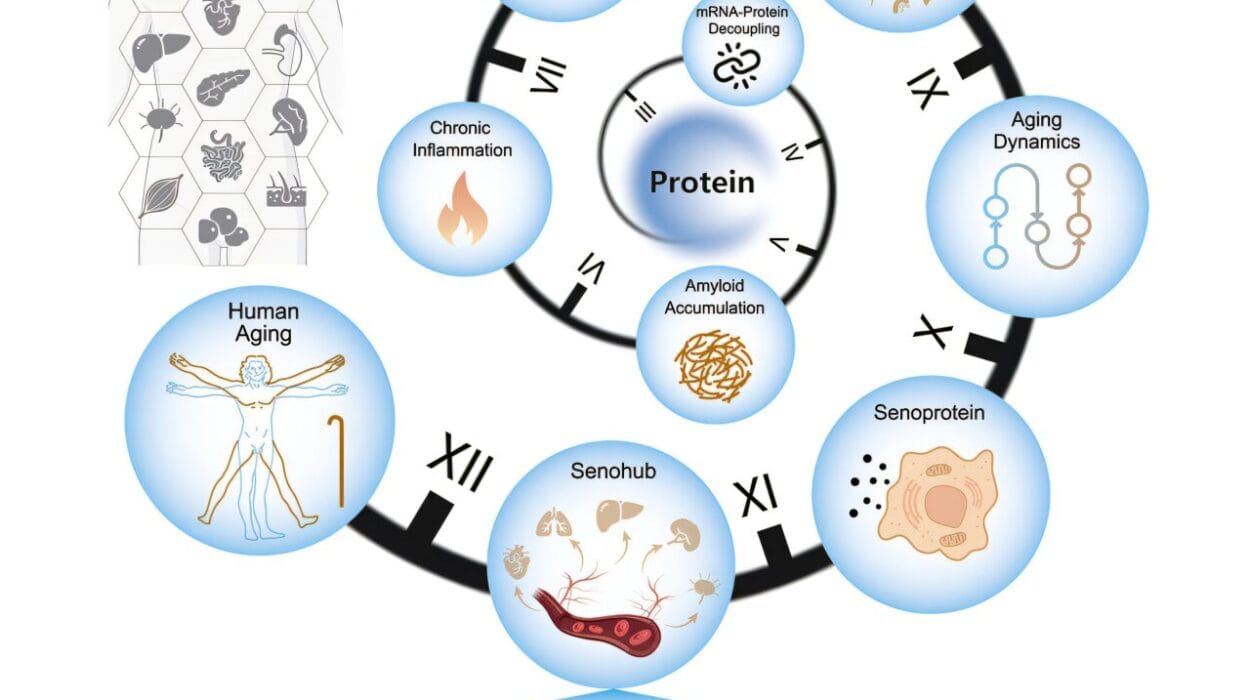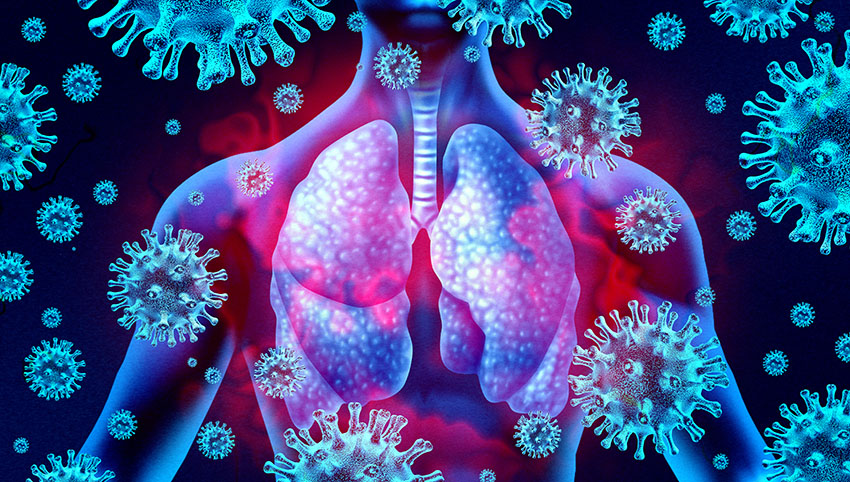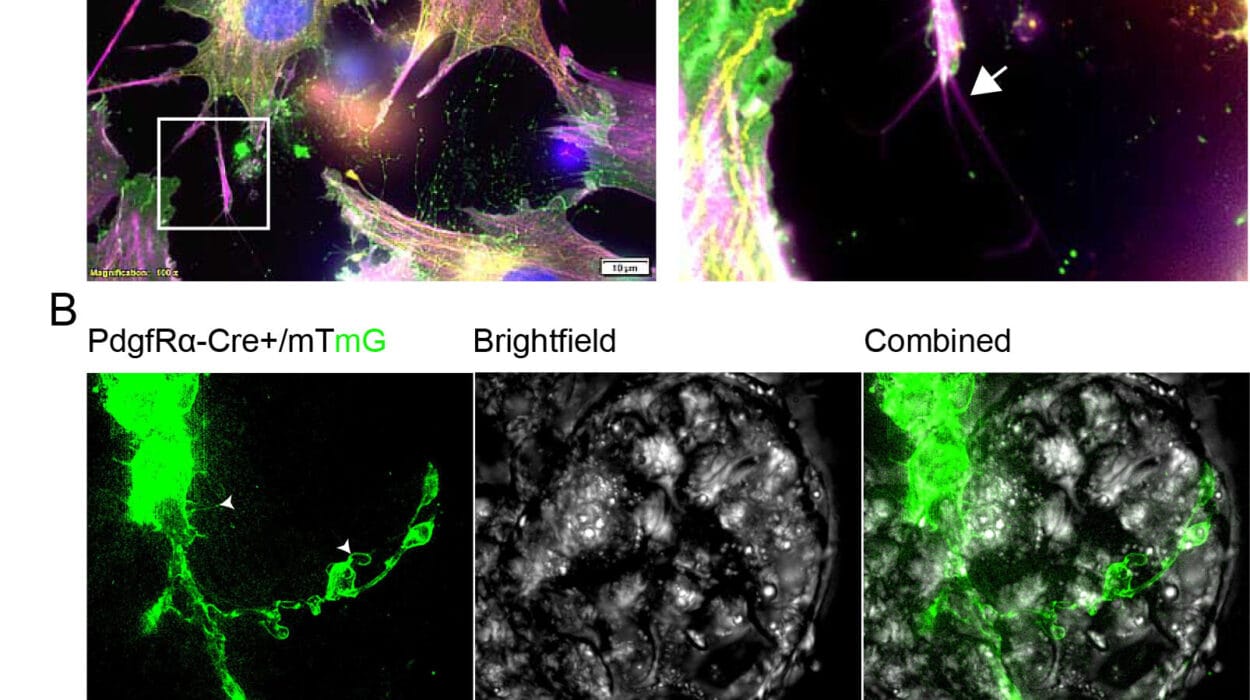When we think about losing weight, our minds often leap to diets, exercise routines, and counting calories. But what if the real secret to sustainable weight loss isn’t in your fridge or your gym membership, but in your mind? The psychology of eating delves into the deep emotional, behavioral, and cognitive patterns that influence how and why we eat. It’s about more than willpower—it’s about understanding the hidden drivers that control our cravings, our portion sizes, our food preferences, and even our guilt.
Our brains are hardwired for survival, not for skinny jeans or six-packs. In a world where food is abundant, our evolutionary instincts can work against us. Understanding the psychological triggers behind eating habits can transform the way we approach weight loss—not as a temporary fix, but as a lifelong journey toward balance, self-awareness, and health.
The Evolutionary Brain and Modern Food
Our ancestors lived in a world of food scarcity. Eating when food was available—especially calorie-dense food—meant survival. Our brains developed reward circuits to encourage eating, particularly high-sugar and high-fat foods. These foods light up the brain’s pleasure centers, triggering the release of dopamine, the same chemical involved in addiction.
Fast forward to today, and we live in an environment where calorie-dense, hyper-palatable foods are not only everywhere—they’re cheap, heavily marketed, and designed to be irresistible. This creates a mismatch between our biology and our environment. Our primitive brain still tells us to feast when we can, even if we’re sitting at a desk with a fridge full of snacks just steps away.
The result? A subconscious drive to eat even when we’re not hungry, a constant internal battle between the rational part of our brain and the primal urge for more.
Emotional Eating: Feeding Feelings, Not Hunger
Ever found yourself halfway through a pint of ice cream after a bad day? That’s emotional eating, and it’s one of the most common psychological reasons people struggle with weight. Emotional eating happens when we use food to cope with feelings rather than to satisfy physical hunger.
Stress, boredom, sadness, loneliness, and even happiness can all trigger emotional eating. Food becomes a form of self-soothing, a temporary distraction or comfort. The act of eating releases feel-good neurotransmitters, providing momentary relief—but it often leads to guilt and regret afterward, setting off a cycle of emotional highs and lows tied to food.
Identifying emotional triggers is a powerful first step in breaking this cycle. Journaling, mindfulness, and therapy can all help bring awareness to patterns that operate in the background of our minds.
Mindless Eating: When Habits Take the Wheel
Have you ever finished a bag of chips only to realize you weren’t even hungry to begin with? That’s mindless eating—eating on autopilot, without awareness or intention. It often happens while watching TV, scrolling through your phone, or even while socializing. You eat because the food is there, not because you need it.
Mindless eating bypasses our internal cues for hunger and fullness. Instead of asking, “Am I hungry?” we eat because it’s mealtime, because others are eating, or simply because food is within reach. Over time, this can lead to weight gain without any clear cause—because we’ve lost touch with the basic biological signals that regulate eating.
Mindful eating, on the other hand, invites us to slow down, taste our food, and listen to our bodies. It helps reconnect the act of eating with the experience of nourishment. And this shift from autopilot to awareness can make a profound difference in weight loss efforts.
The Power of Food Associations and Conditioning
From birthday cakes to popcorn at the movies, certain foods become mentally linked with experiences, emotions, or places. This is called classical conditioning—an idea first explored by Pavlov and his salivating dogs. Over time, we learn to associate specific foods with comfort, reward, or celebration.
Marketers know this all too well. Ads pair junk food with happiness, excitement, or relaxation, creating mental shortcuts that say, “Eat this, feel good.” These associations become deeply ingrained, often starting in childhood, and they influence our choices in subtle but powerful ways.
Breaking these associations means rewriting our internal scripts. It requires developing new habits and rituals that don’t involve food—or creating healthier associations, like linking a walk or a hot bath with stress relief instead of a chocolate bar.
Dieting and the Allure of Restriction
Traditional dieting is a billion-dollar industry that thrives on the promise of quick fixes. But ironically, the act of dieting itself can set us up for failure. Restrictive diets often trigger a psychological backlash—a phenomenon known as the “forbidden fruit” effect. The more you tell yourself you can’t have something, the more you want it.
Restriction also activates stress responses in the brain. Your body doesn’t know the difference between a diet and famine. It reacts by increasing hunger hormones and slowing metabolism, trying to protect you from perceived starvation. The result? Cravings intensify, and eventually, willpower cracks.
This explains the binge-restrict cycle so many people experience: extreme dieting followed by uncontrollable eating. Sustainable weight loss comes not from restriction but from a balanced, flexible approach that focuses on nourishment, not deprivation.
Body Image, Self-Esteem, and the Mirror Effect
The way we see our bodies deeply influences our relationship with food. Poor body image and low self-esteem are strongly linked to disordered eating behaviors. When we feel unworthy or ashamed of our bodies, we may use food to punish, control, or escape.
Media and societal standards often feed these insecurities, presenting unrealistic body ideals that are unattainable for most people. Social media adds another layer, with filtered images and curated lives that can make us feel like we’re falling short.
Healing body image is a crucial part of psychological weight loss. It involves shifting the focus from how your body looks to what your body can do. It means practicing self-compassion, embracing imperfections, and recognizing that health and beauty come in many shapes and sizes.
Habit Formation and the Brain’s Reward Loop
Much of what we eat is driven by habit, not hunger. Habits are the brain’s way of conserving energy—automatic routines that help us navigate the world without constant decision-making. But habits, once formed, are hard to break.
The habit loop consists of a cue, a routine, and a reward. For example, feeling stressed (cue) leads you to eat chips (routine), which provides comfort (reward). Over time, this loop becomes ingrained.
To change eating habits, you don’t just need willpower—you need to rewire the loop. That means identifying your cues, replacing routines with healthier alternatives, and finding rewards that satisfy without food. Behavioral psychology techniques like habit stacking, environment design, and positive reinforcement can make these changes stick.
The Role of Identity and Belief
What we believe about ourselves profoundly shapes our behaviors. If you see yourself as “a person who always fails at diets” or “someone who just loves junk food,” those beliefs become self-fulfilling. Psychology calls this identity-based behavior—our actions tend to align with how we view ourselves.
Weight loss becomes more sustainable when it’s tied to identity change, not just behavior change. Instead of saying, “I’m trying to eat healthy,” say, “I’m a healthy eater.” This subtle shift in language reinforces a new self-concept that guides daily choices.
Beliefs about food, weight, and self-worth are often inherited from family, culture, and past experiences. Challenging and rewriting these beliefs takes conscious effort, but it creates a foundation for lasting change.
Social Influences: Eating in a Connected World
We don’t eat in a vacuum. Our social environment profoundly affects what, how, and how much we eat. Studies show that people tend to mirror the eating habits of those around them—friends, family, coworkers. If your social circle values fast food, large portions, or frequent snacking, it becomes harder to break those patterns.
Conversely, supportive social environments can encourage healthier habits. Group-based weight loss programs often succeed not because of the specific diet, but because of the shared accountability, encouragement, and sense of belonging.
Social media can be a double-edged sword—providing motivation and community or triggering comparison and shame. Choosing your influences carefully and surrounding yourself with people who support your health goals can make a major difference.
Stress, Sleep, and Hormonal Hijacks
Chronic stress is a major obstacle to weight loss, and its effects are both psychological and biological. When we’re stressed, our bodies release cortisol, a hormone that increases appetite and encourages fat storage, especially in the abdominal area.
Stress also reduces our capacity for self-control, making us more likely to reach for comfort foods. On top of that, stress often disrupts sleep—and poor sleep has been shown to increase hunger hormones (like ghrelin) and decrease satiety hormones (like leptin), leading to overeating.
Managing stress through meditation, exercise, therapy, and sleep hygiene isn’t just good for mental health—it’s essential for metabolic health. A calm, well-rested mind is more resilient, more focused, and better equipped to make healthy choices.
The Role of Intuition: Listening to Your Body
One of the most powerful tools in psychological weight loss is intuitive eating. This approach rejects dieting and instead focuses on tuning in to internal hunger and fullness cues. It encourages eating in response to physical need rather than emotional or environmental triggers.
Intuitive eating fosters a peaceful relationship with food. It helps break the cycle of guilt and shame by removing moral judgment from eating. There are no “good” or “bad” foods—just choices that either align or don’t align with how you want to feel.
Developing intuitive eating skills takes time. It involves unlearning diet culture, reawakening natural hunger cues, and building trust with your body. But the result is not only weight stability—it’s a sense of freedom and self-respect around food.
Cognitive Behavioral Techniques: Rewiring the Mind
Cognitive Behavioral Therapy (CBT) has been widely used to address emotional and disordered eating. It works by identifying and challenging unhelpful thoughts, replacing them with more balanced and constructive thinking patterns.
For example, a thought like “I ruined my diet with that cookie, so I might as well eat the whole cake” can be replaced with “One cookie doesn’t define my day. I can still make healthy choices moving forward.” This shift prevents all-or-nothing thinking and reduces the risk of bingeing.
CBT tools like thought journals, cognitive restructuring, and behavioral experiments empower individuals to take control of their inner dialogue and, in turn, their eating behaviors.
Self-Compassion: The Secret Weapon
Perhaps the most underestimated tool in the psychology of weight loss is self-compassion. Diet culture often promotes harshness—punishment for “slip-ups,” guilt for indulgences, and self-criticism for imperfection. But research shows that self-compassion leads to better emotional regulation, healthier habits, and greater long-term success.
Self-compassion doesn’t mean giving up. It means approaching your journey with kindness, patience, and understanding. It allows you to learn from mistakes instead of being derailed by them. It nurtures a healthier, more sustainable relationship with food, your body, and yourself.
Conclusion: Rewiring the Mind for Sustainable Change
Weight loss isn’t just a battle of the bulge—it’s a dialogue with your mind, your habits, your emotions, and your beliefs. Sustainable change happens when we move beyond willpower and into self-awareness. When we stop seeing food as the enemy and start seeing our minds as the map.
Understanding the psychology of eating means digging deep into the “why” behind every bite. It means being brave enough to face your triggers, compassionate enough to forgive your setbacks, and wise enough to recognize that health is not about perfection but progress.
The path to weight loss is not paved with celery sticks and boot camps—it’s built on curiosity, resilience, and trust in yourself. When you understand your mind, you unlock the true power to change your body—not just for a season, but for a lifetime.






